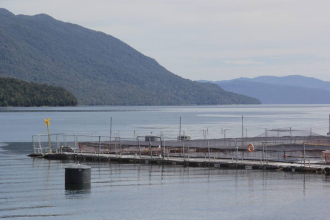The impact of infrastructure shocks on agricultural markets. Evidence from the Zambezi river in Mozambique
Prior to 2009, there was no direct road connection between the southern regions of Mozambique—where the capital city is located—and the more agriculturally-productive central and northern regions. In this paper, we leverage the opening of a major road bridge to identify the impact of enhanced domestic transport infrastructure on agricultural market performance. We apply a generalized difference-in-difference estimator within a dyadic regression context.
